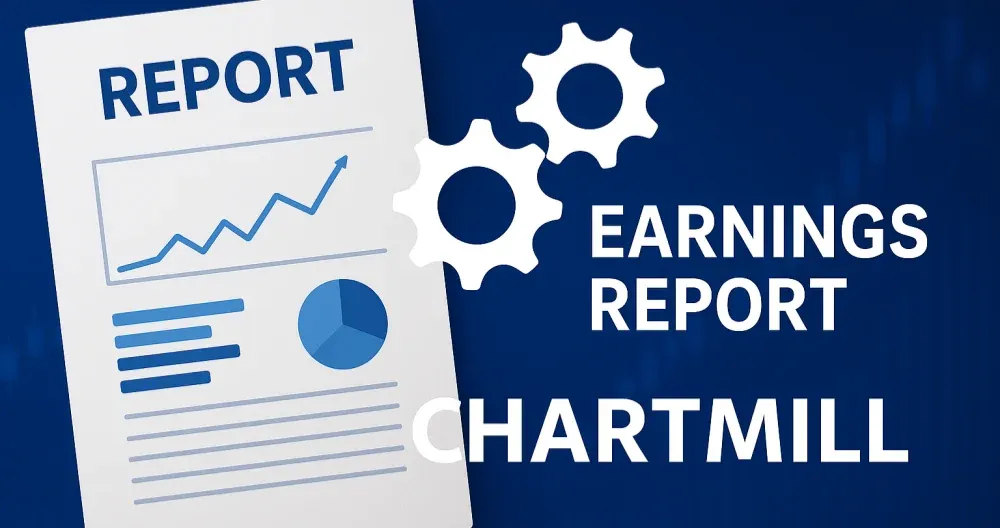MONGODB INC (NASDAQ:MDB) delivered a robust second quarter fiscal 2026 performance that significantly exceeded analyst expectations, driving substantial after-hours momentum. The database platform provider reported revenue of $591.4 million, marking a 24% year-over-year increase and comfortably surpassing the consensus estimate of approximately $558 million. Earnings per share came in at $1.00, well ahead of the projected $0.67, reflecting both top-line strength and operational efficiency.
The market reaction was immediately positive, with shares climbing over 23% in after-hours trading following the announcement. This sharp upward movement indicates investor approval of both the earnings beat and the underlying business trends highlighted in the report. The performance stands in contrast to the stock's recent trajectory, which had seen a slight decline over the past month.
Key elements from the quarterly results include:
- Atlas Platform Dominance: MongoDB's cloud-native Atlas service demonstrated particularly strong growth, with revenue increasing 29% year-over-year. Atlas now represents 74% of total revenue, underscoring the company's successful transition toward its managed cloud offerings.
- Customer Expansion: The company added 2,800 new customers during the quarter, bringing its total customer base to nearly 60,000 as of July 31, 2025. This continued customer growth suggests sustained market demand for MongoDB's developer data platform.
- Operational Execution: Beyond the revenue beat, the significant EPS outperformance indicates effective cost management and scaling profitability, particularly notable given the company's ongoing investments in platform development and market expansion.
While the press release did not provide specific forward-looking guidance that could be directly compared to analyst estimates, the current consensus for Q3 fiscal 2026 projects revenue of approximately $588.3 million and EPS of $0.72. The full-year fiscal 2026 estimates stand at $2.31 billion in revenue and $3.13 in EPS. MongoDB's strong Q2 results and accelerating Atlas growth may lead analysts to revise these projections upward in coming days.
The substantial after-hours gain suggests investors are interpreting these results as evidence that MongoDB continues to execute effectively in the competitive database market, particularly through its cloud offerings that cater to developers building modern applications. The company's ability to exceed expectations on both revenue and profitability metrics appears to have renewed confidence in its growth trajectory.
For detailed historical earnings data and current analyst estimates, readers can review MongoDB's earnings and estimates page.
This article presents factual information about MongoDB's financial results and market performance and should not be construed as investment advice or a recommendation to buy, sell, or hold securities. Readers should conduct their own research and consult with a qualified financial advisor before making investment decisions.



